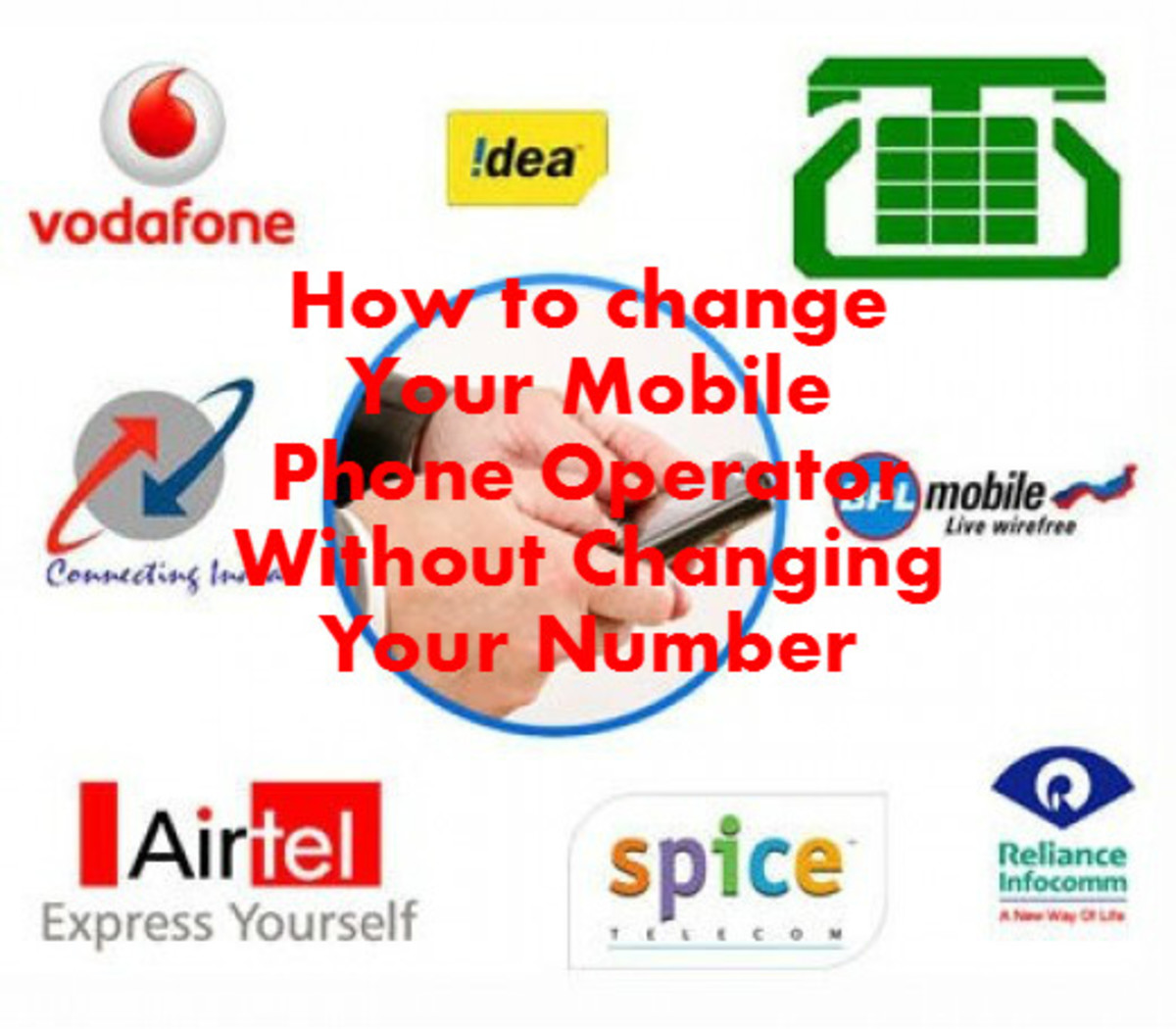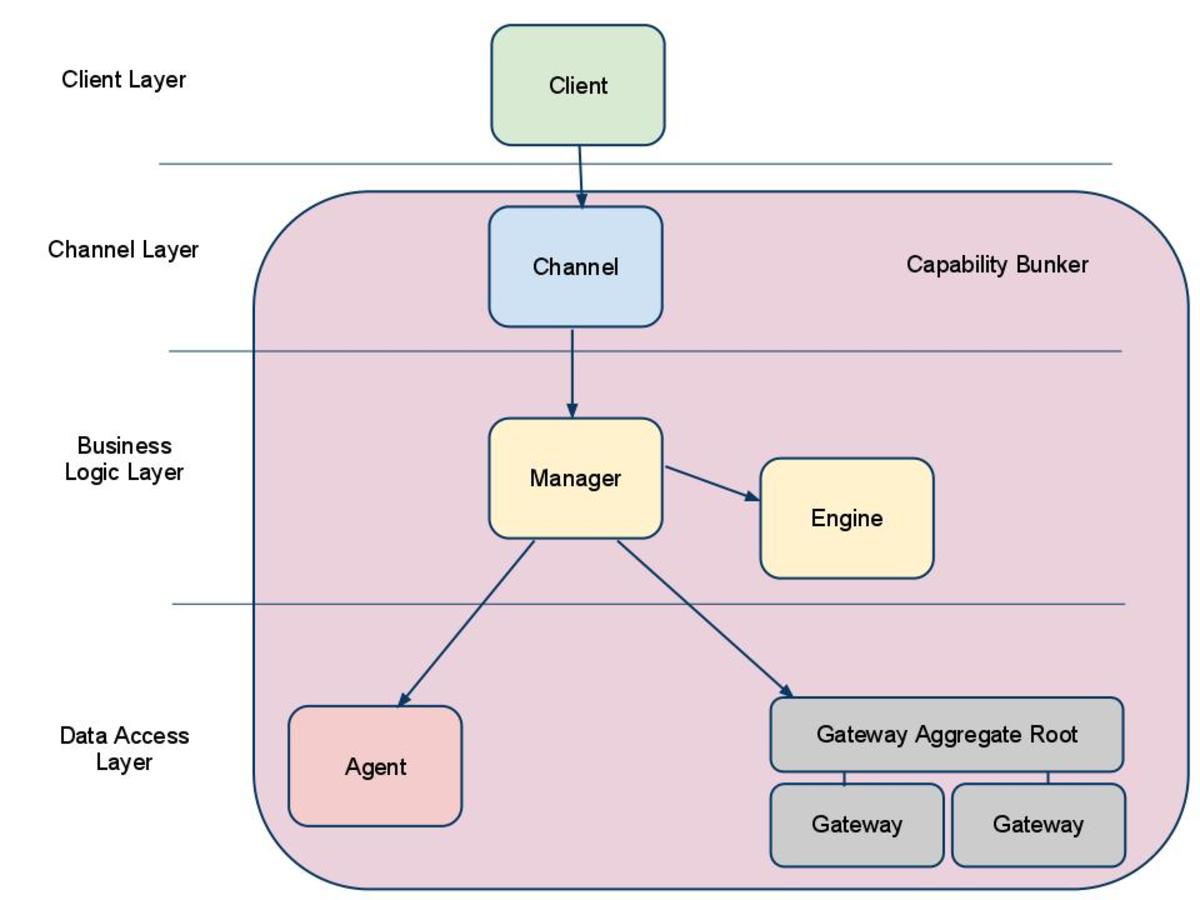What You Need to Do Before Changing Your ISP

While switching to another internet service provider (ISP) could seem like a challenging process, it's probably easier than you might expect, especially with the nbn™ and its quick activation times. Here are some insights into what to think about when considering a switch and how to make the change so you maximize your chances of getting a great deal.
1. If you're a business
Your business might be switching to get a more competitive package and a wider range of services, because you're moving to the nbn™, or for some other reason. For businesses making the switch, avoiding downtime during the shift is likely to be a critical issue so you'll want to plan the change carefully. Switching from one nbn™ service to another typically involves very little downtime - usually between 30 minutes to an hour.
Check your current contract and see if you'll need to pay early cancellation fees. With the nbn™, you usually have 18 months to switch once it's arrived in your area, so you might decide to wait until your contract is finished before switching
Research other ISPs
Price, reliability (guaranteed uptime, for example), and a full range of services are some of the top criteria to consider as a business. Do you need extra services like VoIP? What's the total cost of the contract, if it's not a no-lock-in plan?
Use price as a starting point rather than the key consideration. You can ask your service provider about their service standards in your location, including expected performance, coverage, and speed. Timely, effective technical and customer support is also important. What kind of support will you receive for installation and beyond?
Review your contract
Consider your needs in terms of data, speed, budget/pricing, and extras like business phone lines. Some business contracts might come with unlimited bandwidth (data limit for both uploads and downloads). Some ISPs offer add-on services or for-business features that could help you customize your plan to better meet your business requirements. For example, the ISP might offer priority support for business plans and extras like static IP addresses.
Another factor to consider could be the contention ratio, which is the number of people sharing your connection. This can have a dramatic impact on your connection speed, so the lower the ratio, the better your speeds. You could check the plan's evening speeds for an idea of estimated speeds during peak periods.
Look ahead
Avoid going for the cheapest option without considering what your business needs now and in the future as you scale up. For example, will your new ISP be able to accommodate changing data needs in the longer term? Will you be locked into a long-term contract that won't support your growth? If you upgrade in the future, will the cheaper plan you choose now end up costing you more?
Additionally, you might want to plan for a good amount of overlap between the old and new plan so you can migrate data or plan better for your switch. Executing the actual switch on a weekend is advisable as this could minimize the impact on your business.
2. If you're a homeowner
If you're a homeowner looking to switch, you might be motivated to do so because you're looking for data for your money, upgrading to options like the nbn™, seeking a faster connection, or wanting a more competitive plan.
Research other ISPs
Start by doing research into other plans. If you're looking for a more affordable plan, you could explore bundled services combining, say, home phone with internet for a competitive deal. Factor in the price of new equipment and whether your new ISP will include items such as routers with your plan.
However, note that going for the cheapest plan won't necessarily mean you'll be happy with your new service. A cheaper plan could end up as a source of frustration if you can't stream your favorite shows, listen to music, or download larger files without slowdowns and interruptions.
What's the total cost of the contract? Don't forget to consider termination fees and other additional costs, like activation fees and extra charges for going over your data allowance. Some ISPs offer no-lock-in contracts so you'll never pay a termination fee. A final factor to consider could be bill clarity and transparency.
Planning when to switch
It's usually best to have some overlap time between your old plan and the new one so you're not left without internet. Also consider the delivery time for new equipment if you're getting, say, a new router. If you're out of contract, you'll usually only need to give your provider 30 days' notice.
How to switch
Work with your new provider to coordinate the switch. If you're switching to the nbn™ and you're not locked into a contract, usually you'll only need to place the order. Then your new provider will take care of switching your service and any telephone numbers for you. However, you’ll need to cancel with your old provider. If you're renting or living in a strata plan, check with your landlord or building management before you finalize your new plan.
If your ISP leaves you with an unreasonable amount of downtime during a switch to the nbn™, they're obligated to offer you an interim service. Additionally, as a consumer, if you have a major problem with a service, you have a right by law to cancel a contract in certain situations.
Whether you're an individual or running a business, changing ISPs doesn't have to be a stressful process. By researching providers and plans, carefully assessing your needs and budget, and planning your switch, you could make an easy switch to a new, more competitive internet plan.








